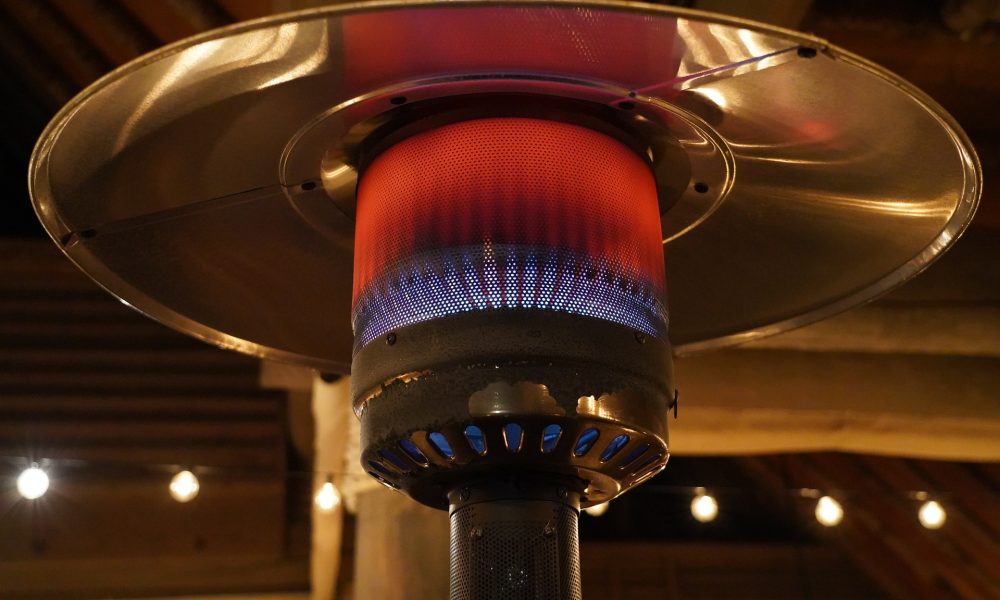Outdoor heaters are one of the great marvels of our modern age – and also one way to enjoy the advantages of being outside while still extending some of the comfort you would have while being inside.
They are also especially helpful in dealing with the challenges to some business owners brought about by COVID 19 – most specifically when a restaurant owner has no choice but to build an outdoor structure for their patrons in order to provide table service. A popular joke I’ve seen making its way around the internet, is that you can only eat inside if the inside is outside. In colder climates, that would be less than ideal without an outdoor heater.
The most important aspect of heating an outdoor space should be doing so safely. The best way to do that is to pretend it’s an actual fire – in a container of course. Once we make this connection, some of the reminders I have here become common sense.
Only use it on a flat and level surface. If you’re on a hill, you’ll probably want to customize a stand of some sort, or flatten out a small area for the heater to stand on if possible. That area should also not be too close to any walls, or buildings – or dangerously close to any people. Again, think of it like a fire: close enough to warm our hands, but distant enough to avoid a trip to the emergency room.
Another important placement tip would apply if the heater runs on electricity – avoid leaving wires hanging or in plain view for anyone to accidentally trip over (or a curious toddler to play with). This also brings me to another point: don’t leave the heater unattended – or without adult supervision if there are children nearby.
Aside from placement, maintenance and proper storage are also important. Check electric heaters for any frayed or melted wires. Check propane heaters to ensure that lines are not leaking or cracked – using a fuel gauge (just like the ones you see on a grill) is also a good idea so you’ll know just how much heat you have left. When you’re done using the heater, allow it to cool down, and store it covered and away from moisture. Propane, of course, should always be stored outdoors.
Finally, and most importantly, always have a fire extinguisher handy. This is the one time I don’t want you to treat your outdoor heater like a real fire, as throwing water on a burning electric heater would lead to disaster. Used and stored properly, and maintained regularly, an outdoor heater should provide years of enjoyment and comfort.



